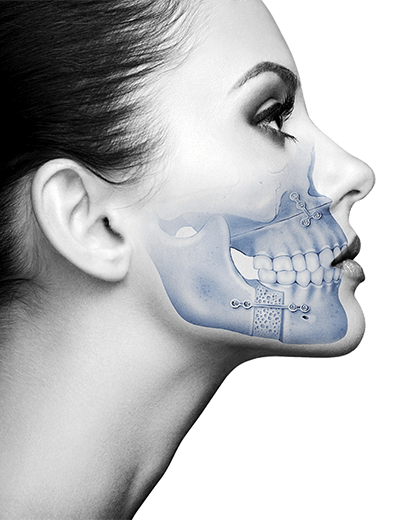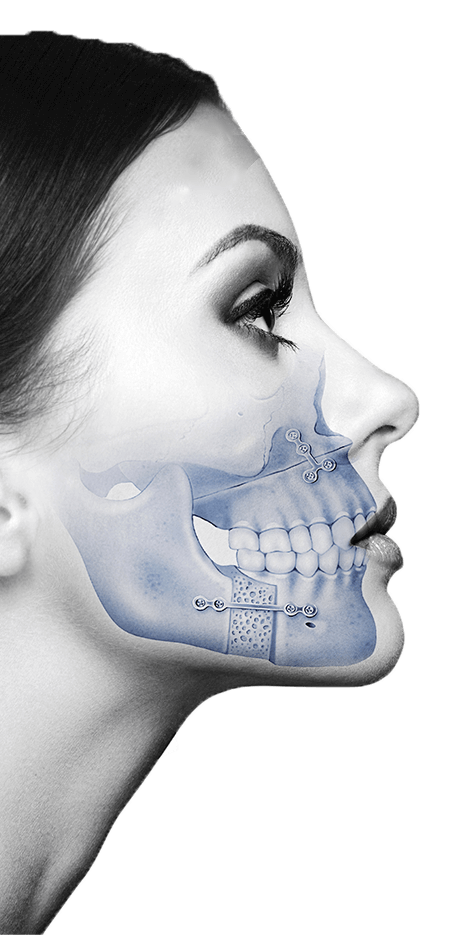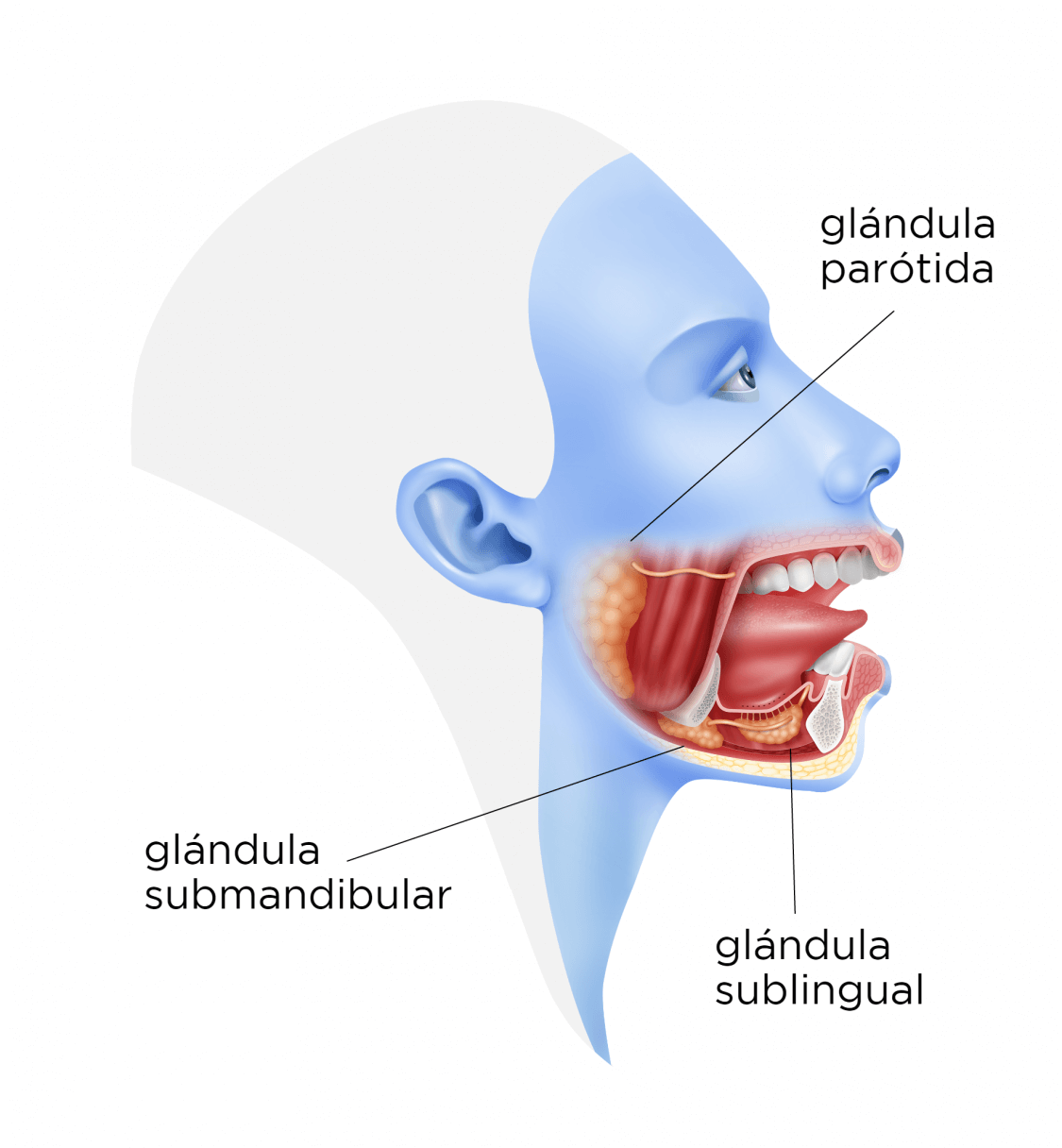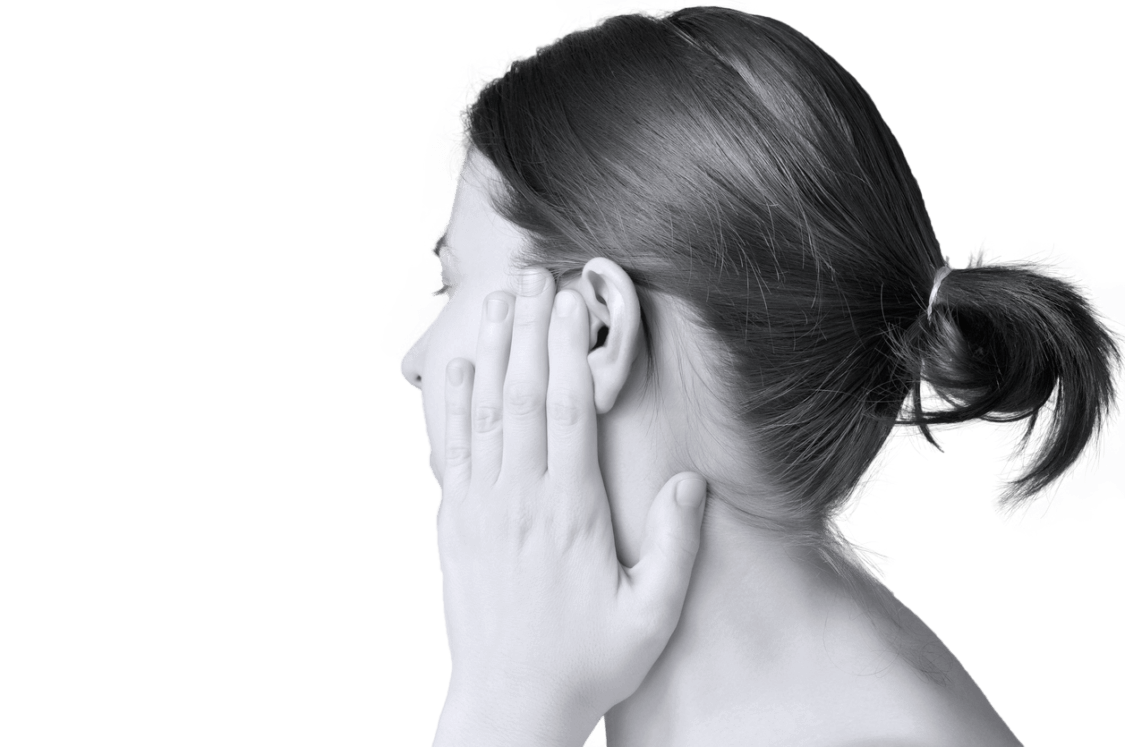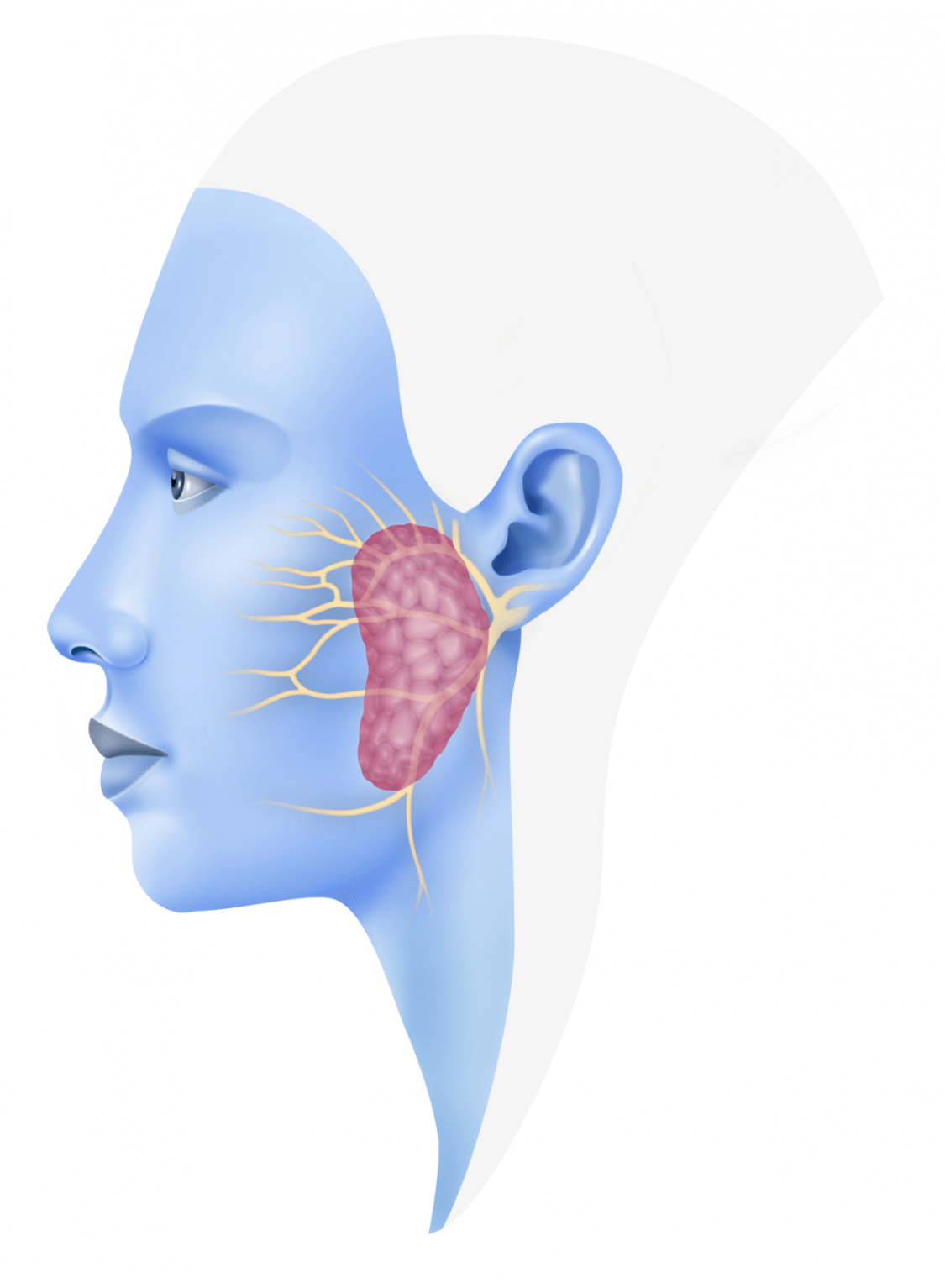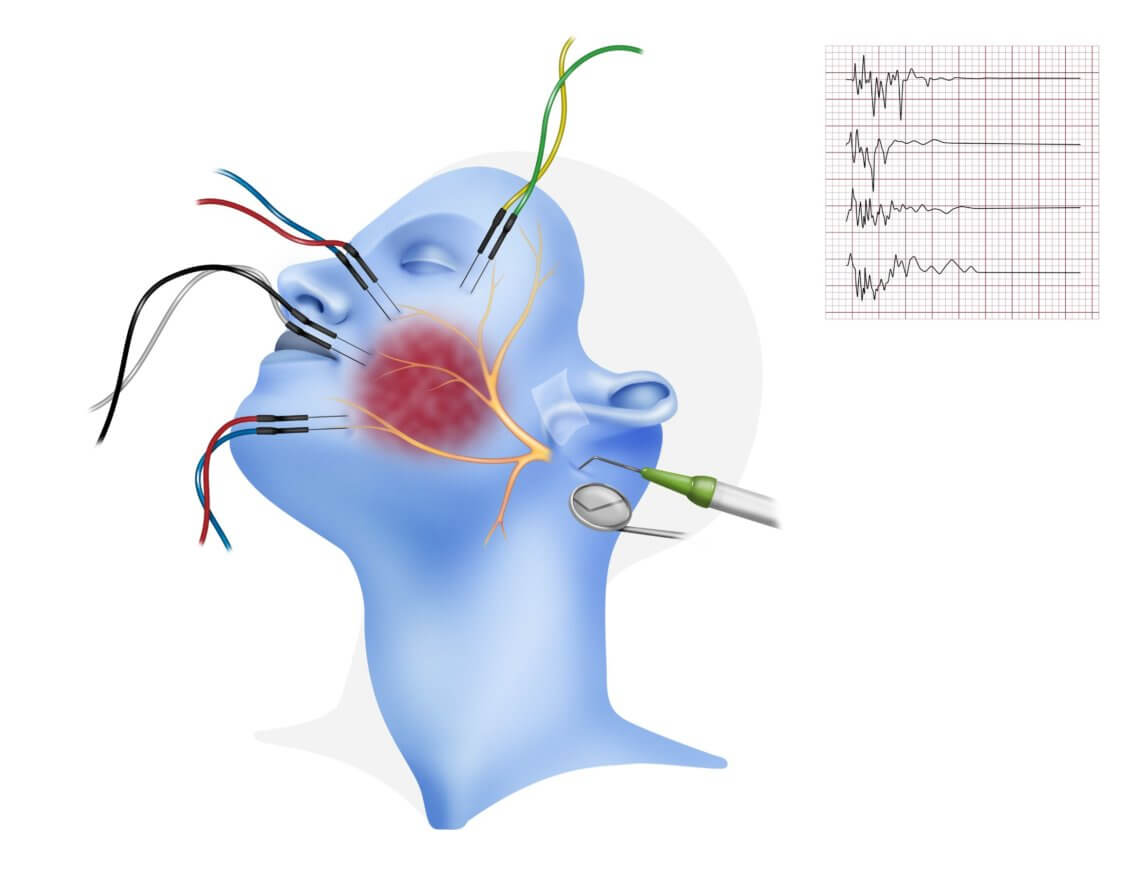The salivary glands are a system or network of glands, including: parotid, submaxillary, sublingual and minor salivary glands. Their function is to secrete saliva in order to maintain an adequate level of moistness, lubrication and pH in the mouth. They are also responsible for providing proteins and liquids for the proper salivation of food.
The majority of salivary gland tumours are benign. However, despite their benignity, these tumours tend to grow and may cause facial deformity, irritation and pain, as well as affect the facial nerve, in addition, a percentage of them can malignify over time. The first priority is for the maxillofacial surgeon to rule out the presence of malignant tumours.

